Greenhouse gas emissions from Swiss buildings fall
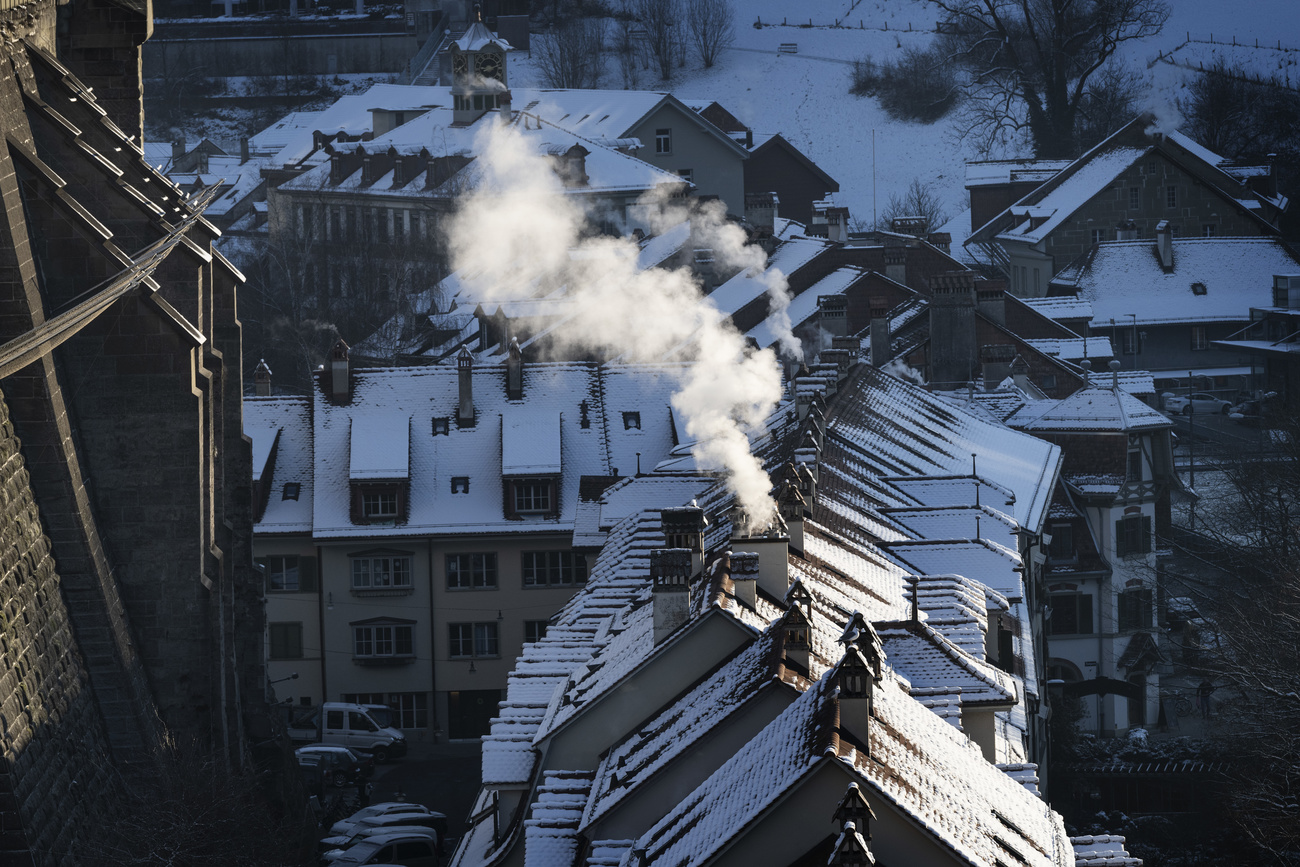
Switzerland emitted 41.6 million tonnes of CO2 equivalents in 2022, 3.5 million tonnes less than in 2021. Greenhouse gas emissions from buildings in particular fell because less heating was required due to the warm winter and people increasingly switched to heat pumps.
Overall, Swiss greenhouse gas emissions were 24% lower than in 1990, according to the Federal Office for the Environment’s (FOEN) annual greenhouse gas inventory, which will be submitted to the UN Climate Change Secretariat in April.
Greenhouse gas emissions from homes in 2022 were 44% lower than in 1990. This was due to the fact that less oil and gas were burnt for heating during the exceptionally warm winter. According to the FOEN, greenhouse gas emissions from buildings are trending downwards, although the heated areas have increased by over 50% since 1990.
The reasons for this are the improved energy efficiency of buildings and the fact that heat pumps are increasingly being installed instead of gas and oil heating systems in refurbishments.
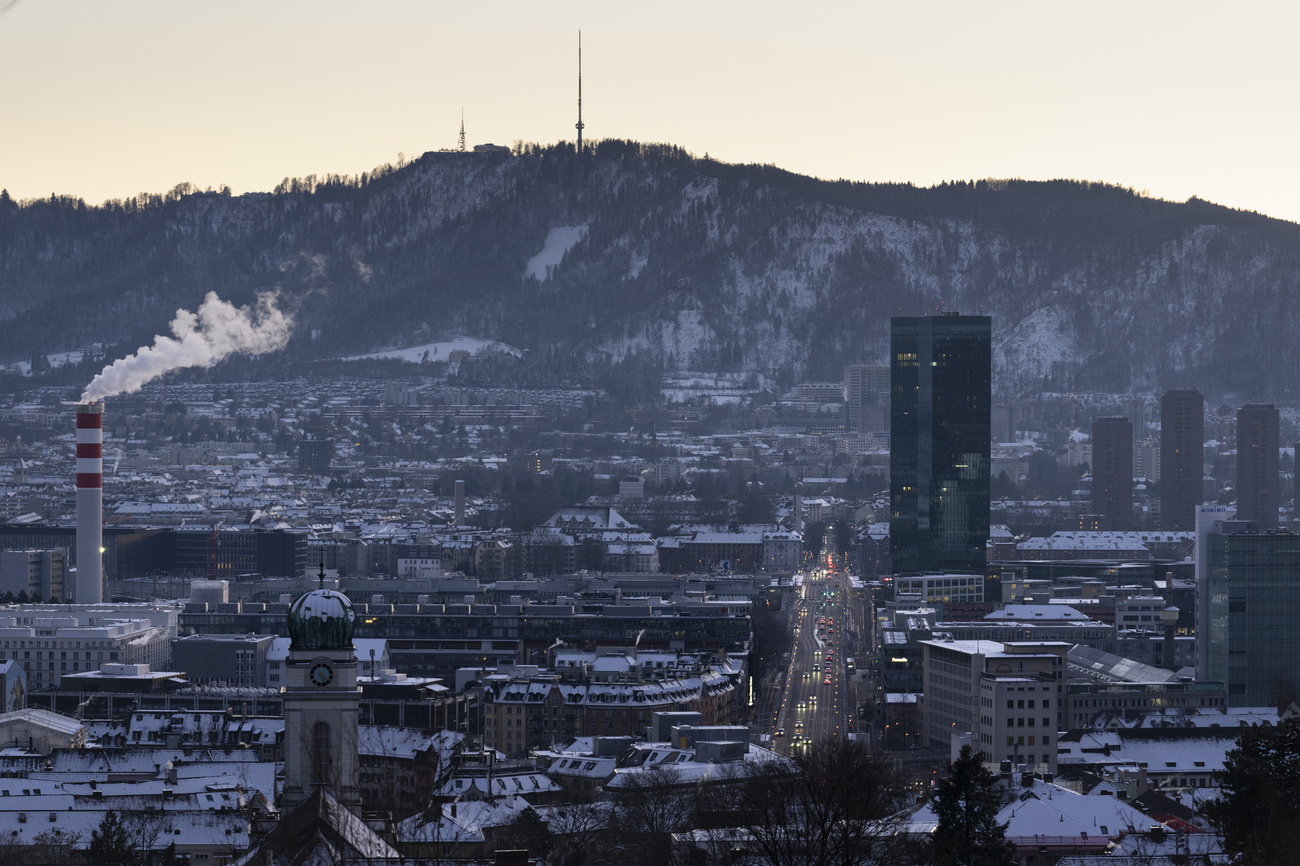
More
Switzerland significantly exceeded winter gas savings target
Emissions from industry have also fallen, by 27% compared to 1990 and by 900,000 tonnes compared to the previous year. The FOEN attributes this reduction to the installation of a catalytic converter at Arxada AG (formerly Lonza AG) in Visp and to the gas-saving measures recommended for the winter of 2022/2023.
The government had advised switching from gas to heating oil the winter before last. According to the press release, this led to an increase in emissions of 9,400 tonnes of CO2 equivalents. According to the FOEN, these were minor additional emissions.
Slight decrease in transport
In 2022, transport was 8% lower than in 1990 and greenhouse gas emissions were 160,000 tonnes lower than in the previous year. These emissions will be partially offset by the compensation obligation for fuel importers, with an estimated 700,000 tonnes less CO2 equivalents in 2022.
Agricultural emissions are also declining slightly. In 2022, 6.4 million tonnes of CO2 equivalents were released into the atmosphere from this sector. These emissions currently account for 15.5% of all greenhouse gas emissions. The methane excreted by cattle and cows is a significant factor.
Compared to carbon dioxide (CO2), methane is a much more potent greenhouse gas but is broken down more quickly in the atmosphere than CO2. According to the FOEN, the impact of methane on the climate diminishes within a few decades.
New solution
The Paris Agreement stipulates that the contribution of methane to the greenhouse effect should be averaged in the greenhouse gas inventory and stated over a period of one hundred years. This method underestimates the short-term effect of methane and at the same time its long-term effect, according to the press release.
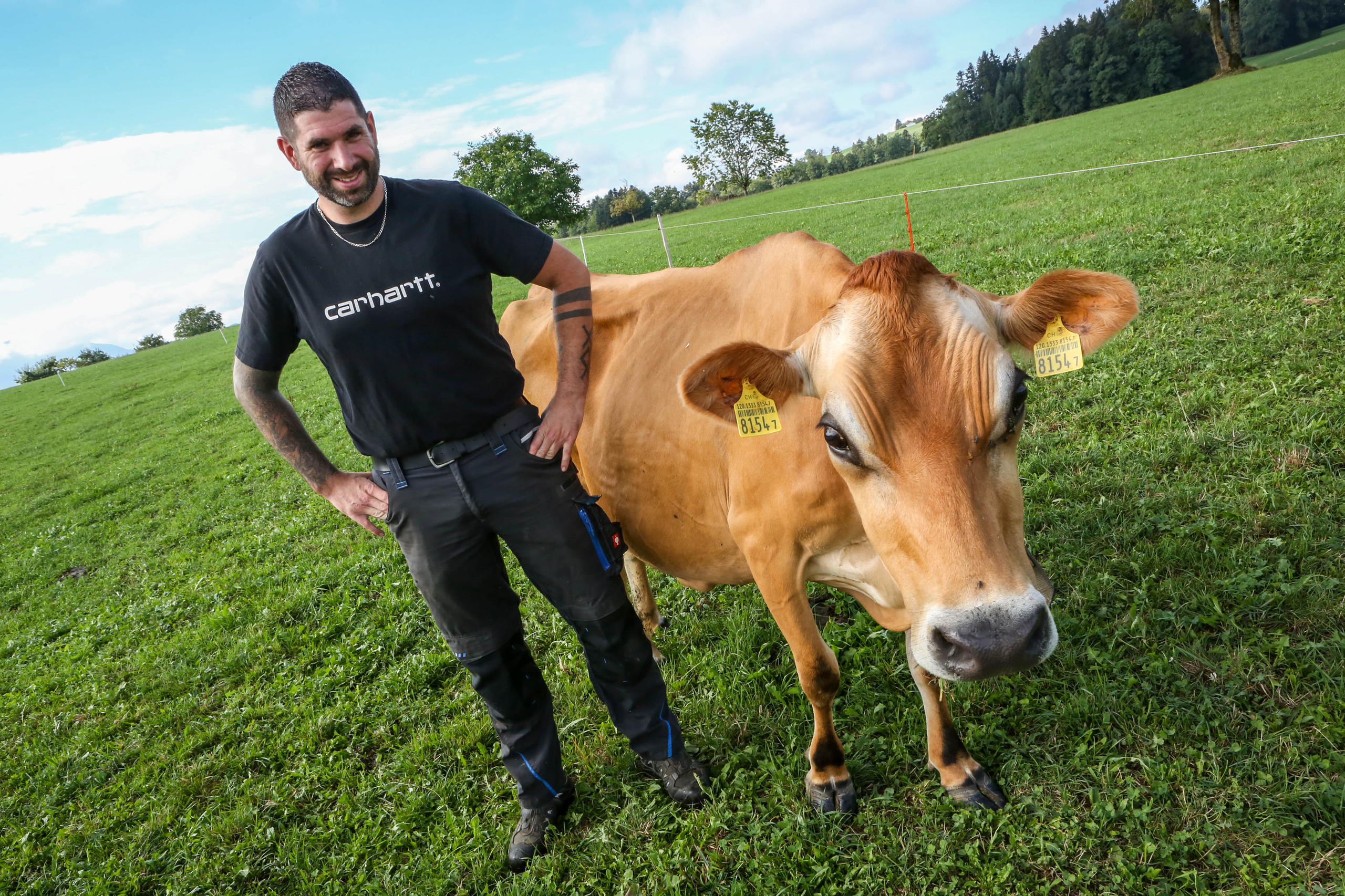
More
Swiss farmers trial methane-busting feed for cows
The Intergovernmental Panel on Climate Change therefore wants to find a new solution to assess short-lived greenhouse gases in comparison with long-lived ones. For the time being, however, the GWP100 metric will be used.
According to the FOEN, emissions of synthetic greenhouse gases have also decreased slightly. These are used as refrigerants in cooling systems and refrigerators, among other things, and currently account for 3.3% of all greenhouse gas emissions. Emissions from waste management have also fallen.
Translated from German by DeepL/ts
This news story has been written and carefully fact-checked by an external editorial team. At SWI swissinfo.ch we select the most relevant news for an international audience and use automatic translation tools such as DeepL to translate it into English. Providing you with automatically translated news gives us the time to write more in-depth articles.
If you want to know more about how we work, have a look here, and if you have feedback on this news story please write to english@swissinfo.ch.

In compliance with the JTI standards
More: SWI swissinfo.ch certified by the Journalism Trust Initiative

















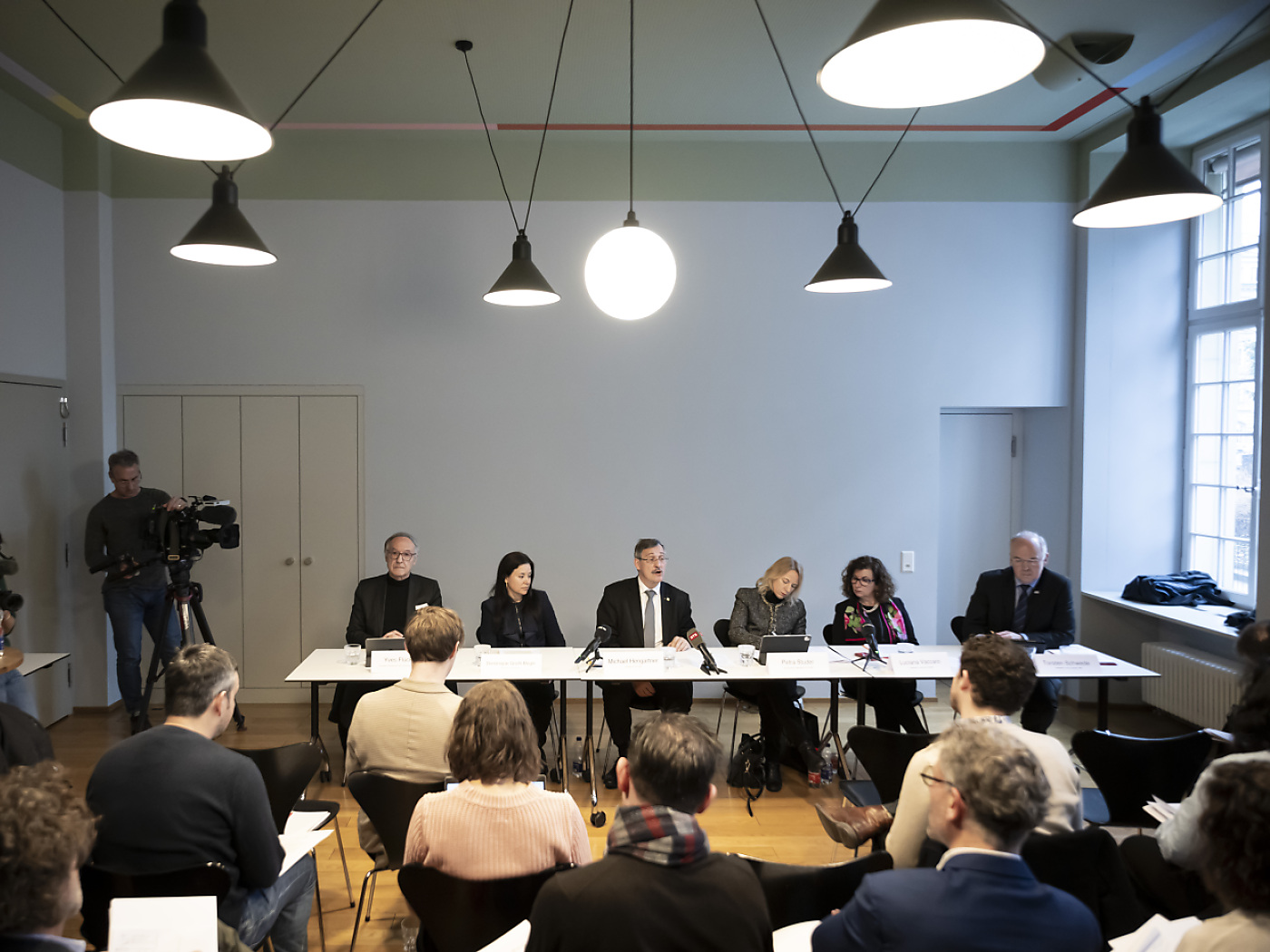
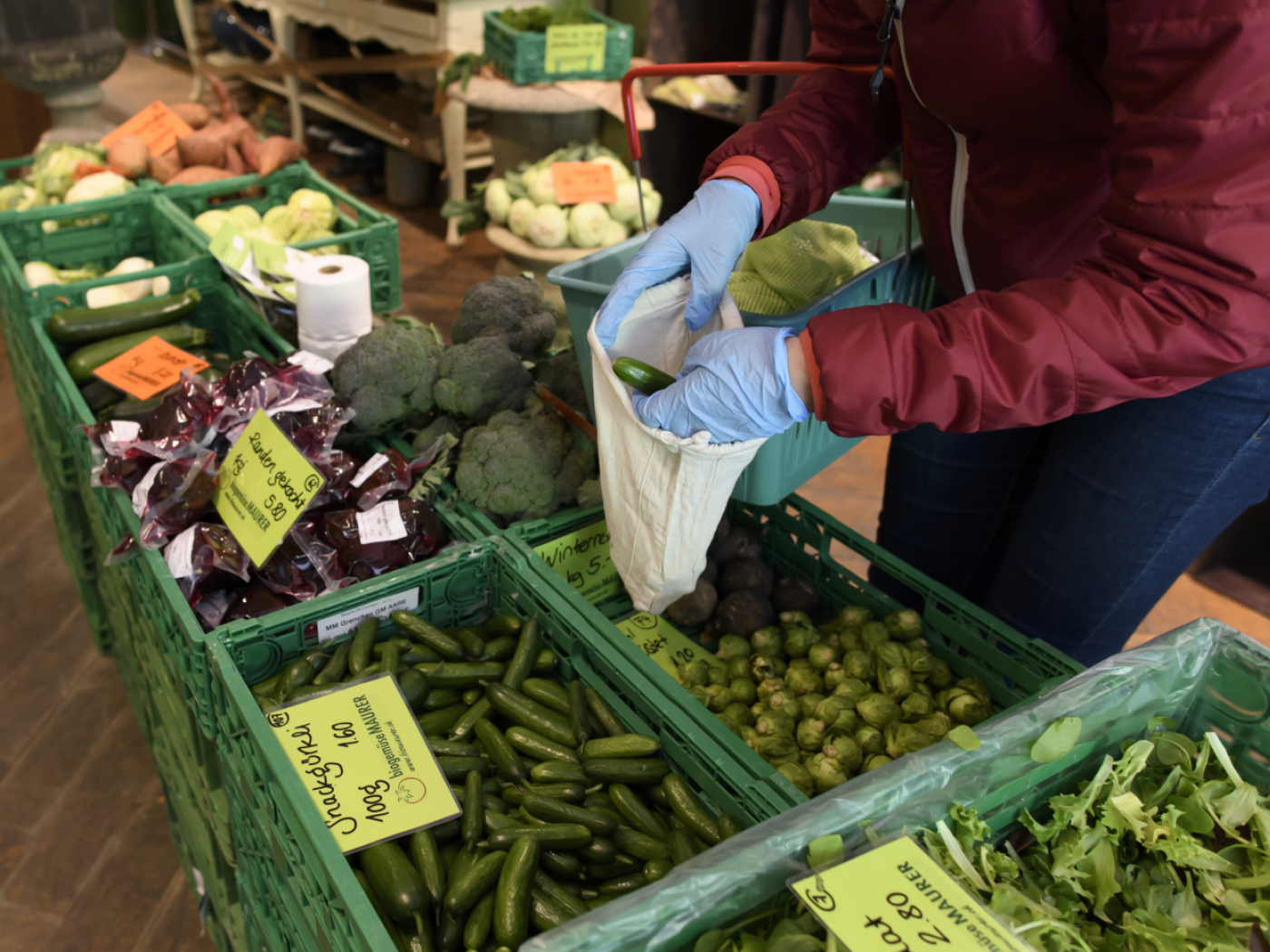
You can find an overview of ongoing debates with our journalists here . Please join us!
If you want to start a conversation about a topic raised in this article or want to report factual errors, email us at english@swissinfo.ch.